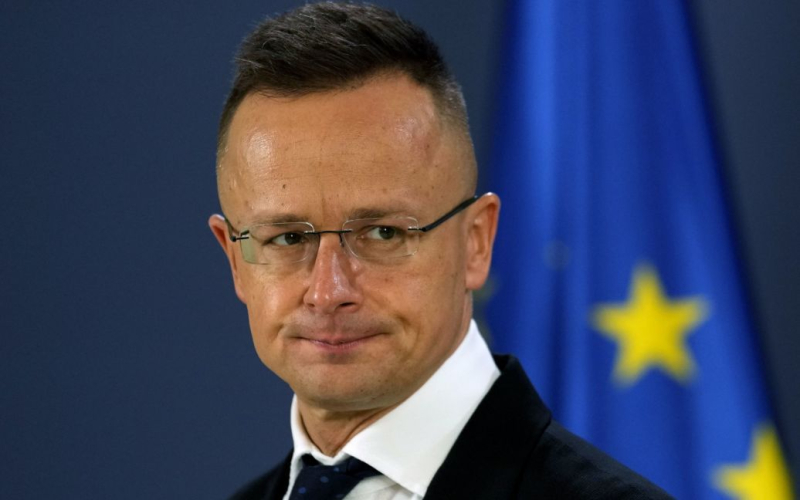
Sijarto also said that Hungary has signed an agreement with Russia's Gazprom (GAZP.MM) on additional gas supplies from September 1.
The European Union will suspend the agreement with Russia simplifying the issuance of visas, but a general ban on visas will not be introduced, since there is no unanimity.
Hungarian Foreign Minister Péter Szijjarto made the announcement on Facebook on Wednesday, August 31.
He said that Hungary, along with some other member states, opposed the Russian visa ban at the EU ministerial meeting in Prague.
p>
“There will be no general visa ban for Russian citizens,” he said.
According to him, several Member States have voted against it, including me.
< p>He said the visa facilitation agreement would be suspended with supermajority support, but did not indicate whether Hungary supported the move.
East and Nordic countries strongly support the tourism ban, while Germany and France see the decision as counterproductive, saying ordinary Russians should still be allowed access to the West.
Szijjarto also said that Gazprom will increase daily additional gas supplies in addition to the existing long-term agreement with Russia to a maximum of 5.8 million cubic meters per day from September 1, against 2.6 million cubic meters per day delivered in August.
“An agreement has been reached with Gazprom. A maximum of 5.8 million m3 plus natural gas from tomorrow will be supplied to Hungary more than the amount of the contract! Our power supply is safe,” he wrote.
” Gazprom began increasing gas supplies to Hungary earlier this month, adding to previously agreed deliveries via the Turkish Stream pipeline.
According to an agreement signed last year, before the outbreak of war in neighboring Ukraine, Hungary received 3 .5 billion cubic meters of gas per year through Bulgaria and Serbia in accordance with the long-term agreement with Russia and another 1 billion cubic meters through the pipeline. from Austria. The agreement with Gazprom is designed for 15 years.
Recall that in Poland they are working on a concept that allows restricting entry to Russian citizens. This statement was made by the Deputy Minister of Foreign Affairs of the country, Piotr Wawrzyk.
Similar topics:
Advertising

